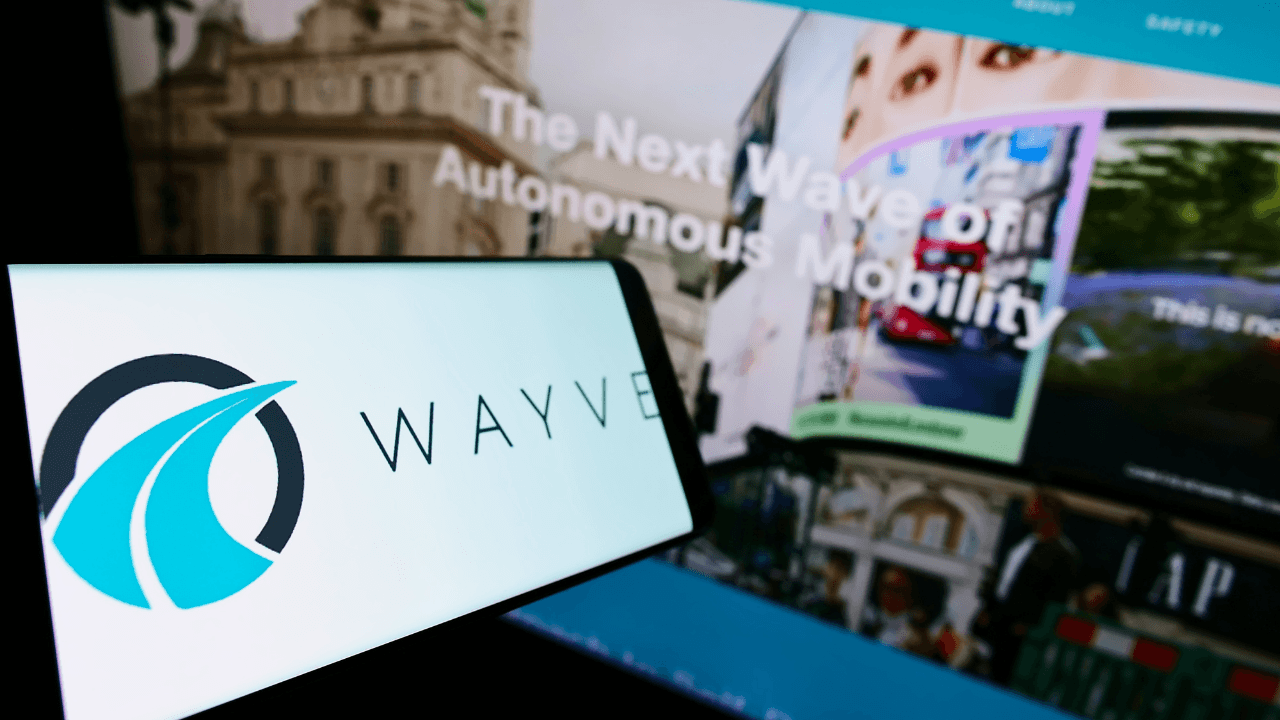Wayve, the UK AI self-driving startup, has seen its headcount more than double to around 650 in the past 12 months amid its expansion into new markets.
While some European tech firms might be curbing hiring amid surging AI demands, new figures show that Wayve is ramping up headcount. The figures show that Wayve had 263 staff as of August 31 2024, a figure which is now understood to have leapt to 650.
The leap in headcount comes amid Wayve opening up new testing and development hubs in Germany and Japan, its first expansion into an Asian market.
Wayve, which is backed by SoftBank, Nvidia and Microsoft, is also testing its technology in the UK, the US and Canada.
According to recruitment firm Code, in May this year, Wayve became Britain’s fastest-hiring tech firm amid a surge in recruitment for roles in AI. Wayve is thought to have been hiring in the UK, its home market, as well as the US, Canada, Germany and Japan.
New financial figures for Wayve Technologies show the startup made a pre-tax loss of £62m in the year ending August 31 2024, compared to losses of £41m the year prior. In this period, Wayve was in its R&D phase and not generating material revenues.
It has since signed its first major commercial deal with a carmaker, Japan's Nissan.
The figures also show that the highest paid director at Wayve, which is headed up by co-founder and CEO Alex Kendall, was paid £317,000 in the period, compared to £169,000 the year before.
Wayve carried out a $1.05 billion Series C funding round in 2024, led by SoftBank, marking then the UK’s largest AI fundraise ever and among the top 20 AI fundraises globally to date.



Would you like to write the first comment?
Login to post comments